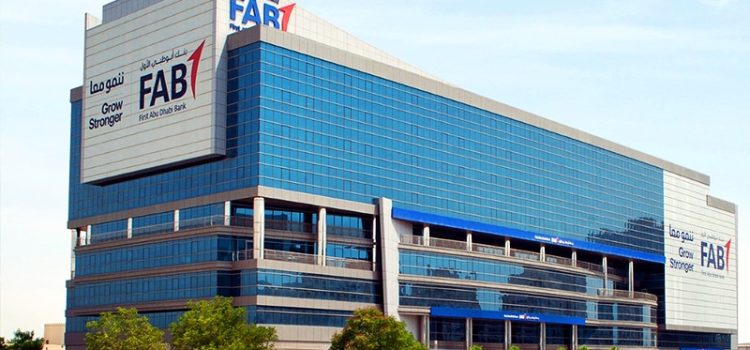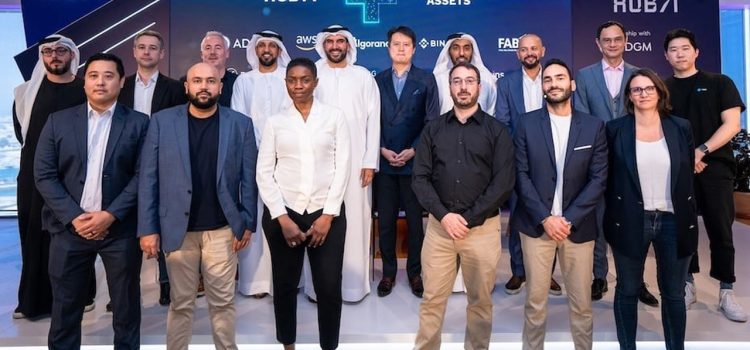
First Abu Dhabi Bank (FAB), a leading UAE bank with asset of $335 billion, has partnered with UAE based Libre Capital to offer digital tokens as collateral for its blockchain based lending program.
As per the article in CoinDesk, the new initiative enables approved lenders to use real world asset (RWA) tokens as collateral for stablecoin lending. These tokens represent digitized versions of traditional investment products, including funds from established firms like Brevan Howard, Hamilton Lane, and BlackRock.
Libre Capital, which began operations in March 2024, has already issued approximately $150 million worth of tokenized assets. These include various investment vehicles, such as Brevan Howard funds, Hamilton Lane’s fixed-income products, and a BlackRock money-market fund.
The program operates across multiple blockchain networks, demonstrating its broad technological reach. These networks include Ethereum, Polygon, Solana, NEAR, Aptos, and Coinbase’s layer-2 network BASE, providing flexibility and accessibility for users.
The initiative falls under Libre’s “Project HODL,” which stands for High-Yield Optimized Decentralized Liquidity. This project aims to create new utility for assets under management through collateralized lending mechanisms.
Dr. Avtar Sehra, founder and CEO of Libre, explained the technical aspects of the program stating, “We’ve been working on adding utility to our AUM in the form of collateralized lending,” he said. “It’s an on-chain infrastructure that allows these RWAs to be used as collateral.”
The lending process operates exclusively in stablecoins rather than traditional fiat currency. T
Sameh Al Qubaisi, group head of global markets at FAB, emphasized the bank’s commitment to innovation through this initiative. The program includes automated processes designed to ensure proper risk management and regulatory compliance.
The partnership creates new opportunities for holders of crypto assets who want to use their tokens as collateral. This practice has become increasingly popular in the cryptocurrency space, and First Abu Dhabi Bank involvement brings traditional banking infrastructure to support it.
The technical implementation includes credit lines provided through existing lenders, such as broker dealers and Laser Digital. FAB’s role involves handling liquidity through lending credit lines on Libre’s assets across various blockchain networks.
Prior to that MANTRA, a layer 1 blockchain purpose-built for tokenized real-world assets (RWAs) partnered with Libre Capital, a UAE-headquartered financial instruments tokenization and issuance platform, to provide investors with onchain access to a diverse range of attractive investment funds.
As per the partnership Libre Capital will provide those MANTRA users that are institutional or accredited investors with investment opportunities across a number of notable onchain funds, including leading hedge funds, private credit funds and money market funds.












